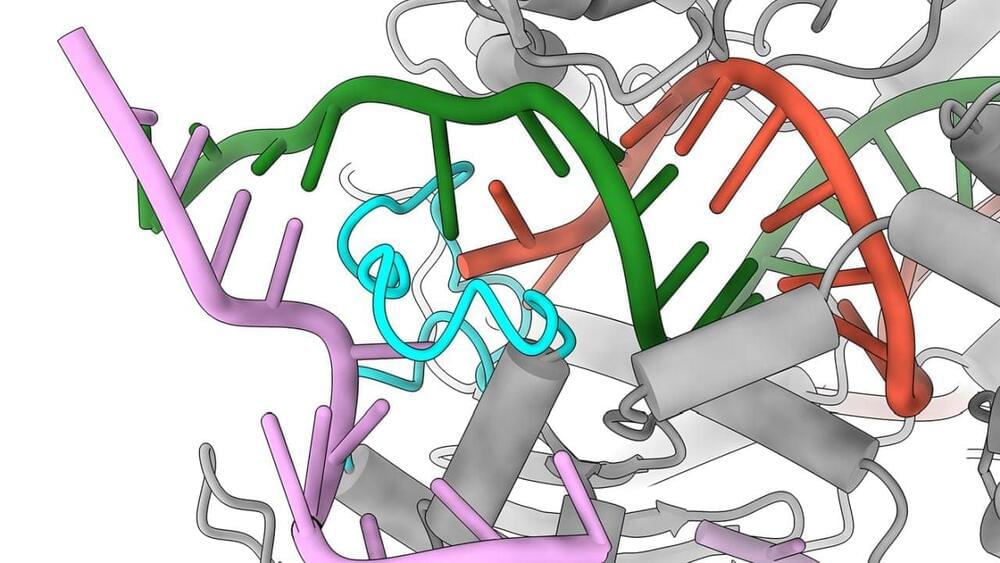The CRISPR system, which involves a Cas enzyme to cut DNA, is a powerful tool for gene editing. But the genetic scissors sometimes make changes at the wrong place, creating a major safety problem that could limit their therapeutic use.
Now, scientists at the University of Texas (UT) at Austin have refined the Cas9 protein used in the Nobel Prize-winning CRISPR-Cas9 tool. The new version, dubbed SuperFi-Cas9, was thousands of times less likely to perform off-target editing but just as efficient at on-target editing as the original version, the team said in a paper published in Nature.
“This really could be a game-changer in terms of a wider application of the CRISPR-Cas systems in gene editing,” Kenneth Johnson, Ph.D., the study’s co-senior author, said in a statement.









Comments are closed.